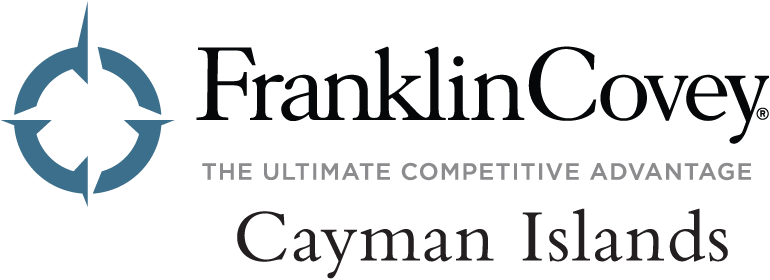
Every day, we are faced with countless bits of information while making decisions that range from the pragmatic to the strategic. As we confront more and more information we have to act quickly while considering varying perspectives. The result is that we are primed to rely on biased thinking. Why? Because unconscious biases are how our brains compensate for overload. But bias can also inhibit performance and lead to poor decision making.

Every day, we are faced with countless bits of information while making decisions that range from the pragmatic to the strategic. As we confront more and more information we have to act quickly while considering varying perspectives. The result is that we are primed to rely on biased thinking. Why? Because unconscious biases are how our brains compensate for overload. But bias can also inhibit performance and lead to poor decision making.

Every day, we are faced with countless bits of information while making decisions that range from the pragmatic to the strategic. As we confront more and more information we have to act quickly while considering varying perspectives. The result is that we are primed to rely on biased thinking. Why? Because unconscious biases are how our brains compensate for overload. But bias can also inhibit performance and lead to poor decision making.


